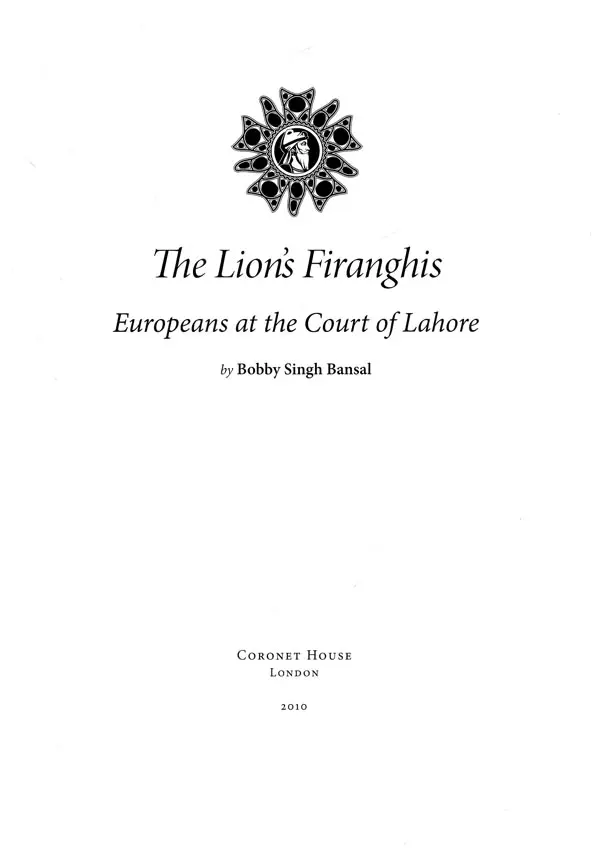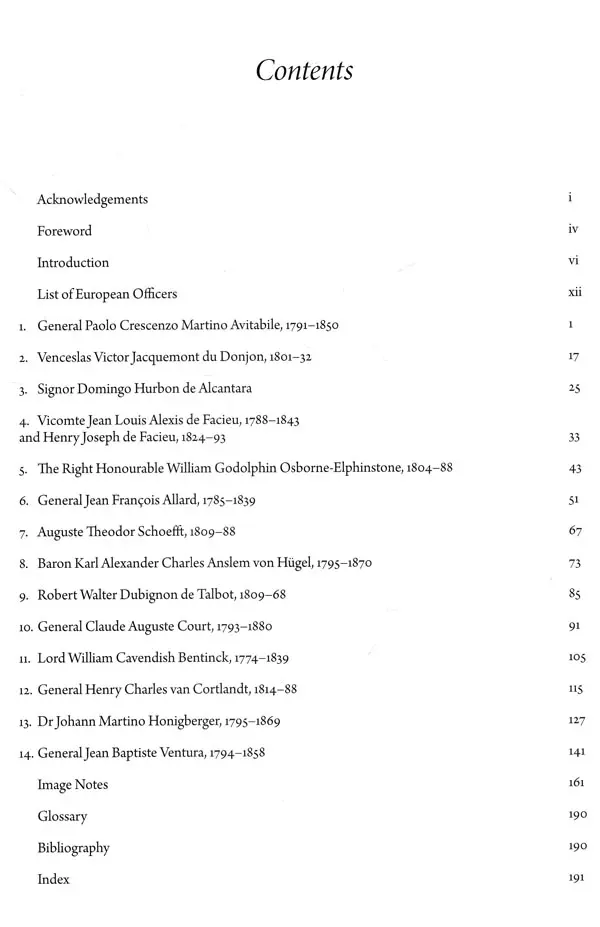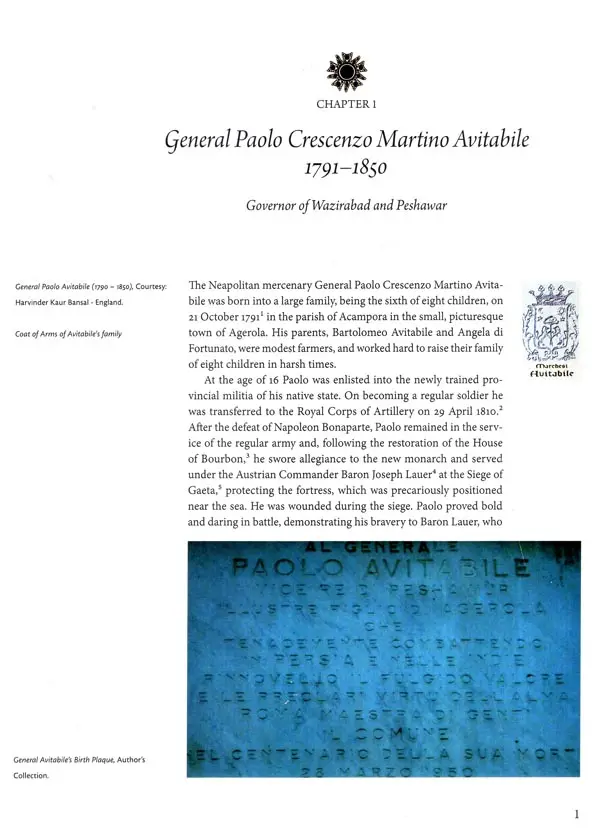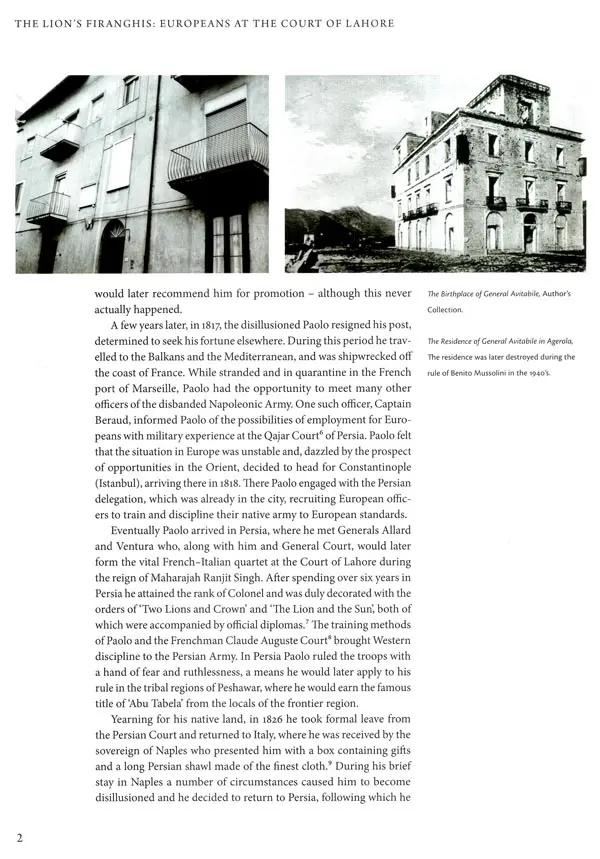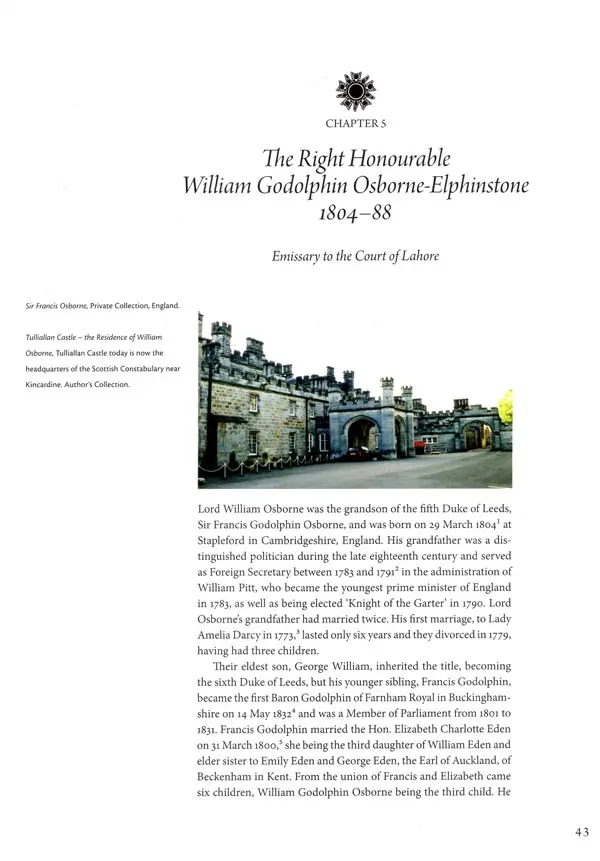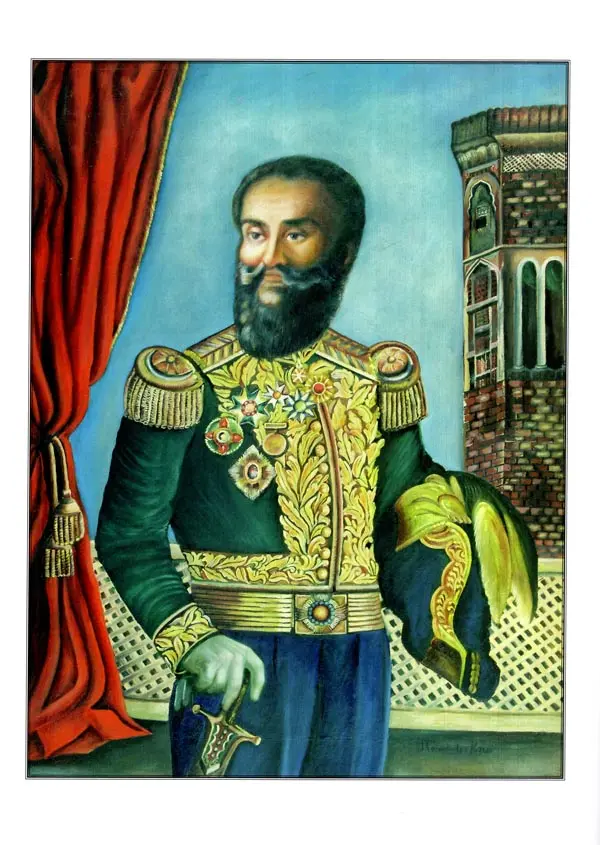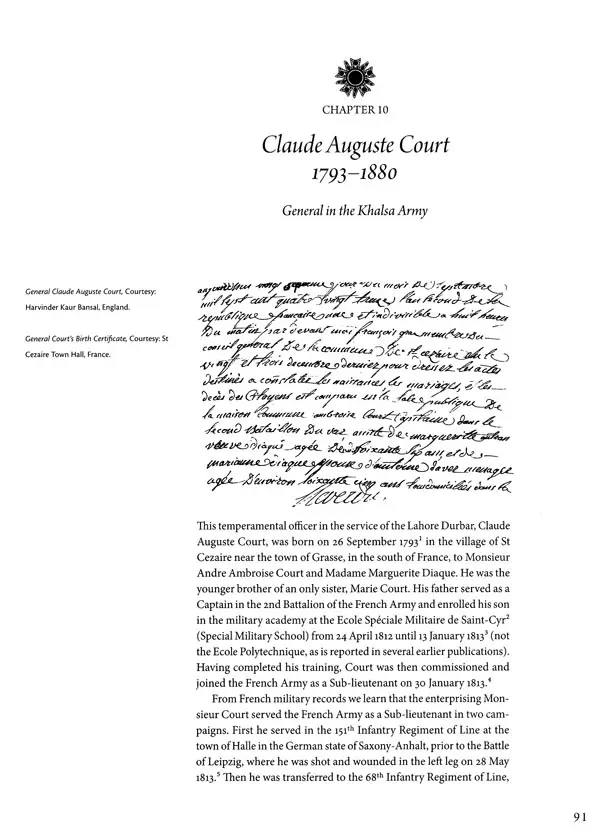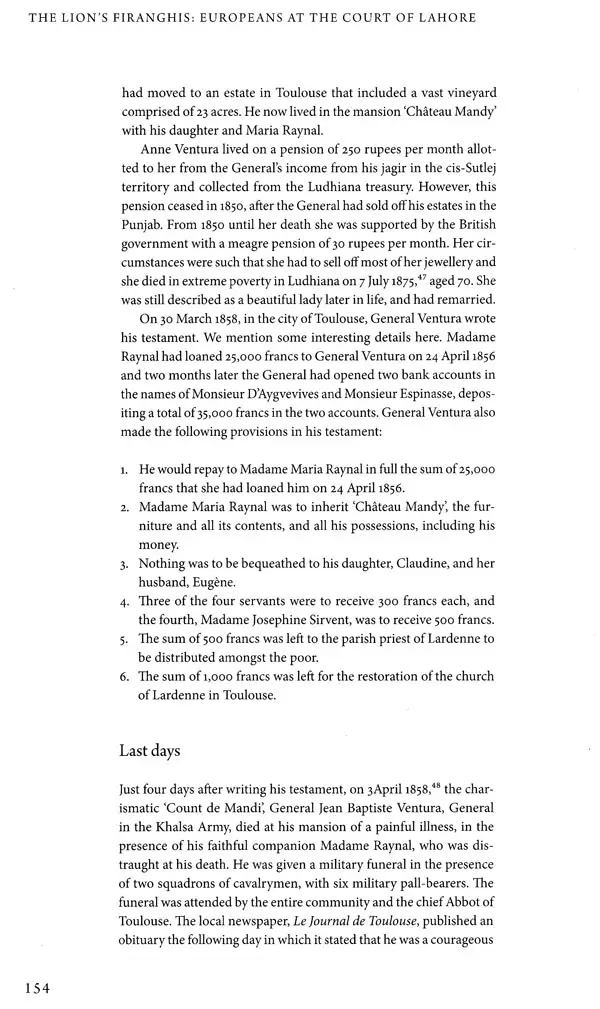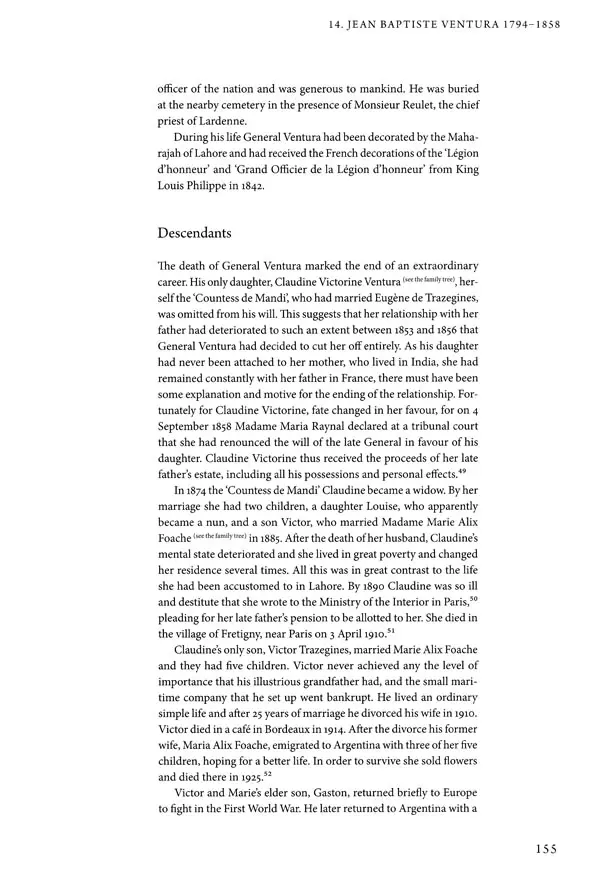About the Book In the early part of the nineteenth century against the backdrop of British colonialism, the East India Company had devoured almost of all the Indian provinces and its influence extended to the fringes of the Sutlej river, where British superiority was temporarily impeded by the 'Lion of the Punjab, Maharajah Ranjit Singh. The Maharajah, with the British menace positioned just beyond his southern frontier, was fully aware of the technological weakness of his native army and knew that its modernisation was imperative.
In 1822 the opportunity arose with the arrival of two European officers at the Court of Lahore, and the Maharajah acted without a moment's hesitation. To his astonishment, his newly arrived 'soldiers of fortune' were indeed former officers of French Emperor Napoleon Bonaparte, and so the scene was set for a diplomatic confrontation between the competing powers in the region. By the 1830s a multifarious array of French, Prussian, Spanish, Dutch and Italian officers had descended on the Anglo-Punjab frontier, hoping to enlist in the services of the opportunistic Maharajah - much to the alarm of the British authorities in Calcutta.
A sufficient number of these 'European mercenaries' were now engaged in various regiments as well as in civil capacities as administrators of strategic provinces, thus sealing the of the Sikh Empire. But when an- archy reverberated throughout the kingdom after the as- sassination of Maharajah Sher Singh it compelled several of the European elite abruptly to abandon their masters in Lahore. Who were these 'European mercenaries' who had served with such distinction, whose impact at the opulent Court of Lahore became legendary and what became of them afterwards when they had returned to Europe.
About the Author BOBBY SINGH BANSAL is a businessman who has achieved a successful career as an importer of various commodities from the Far East to Europe. He was born and educated in England. His interest is in Sikh heritage and history and the political affairs of the Punjab. The reign of the 'Lion of the Punjab, Maharajah Ranjit Singh, is his particular passion and has transformed him over the years into an avid independent researcher and historian. He is currently involved in several major Anglo-Sikh projects and has travelled extensively all over the world, in particular to Pakistan. In order to complete this volume he visited several European countries and travelled in remote areas of the Pakistan-Afghan border at his own risk to compile material and rare images that have never before been published. Although this is his first book he is hoping to complete his next project soon, with the same dedication and enthusiasm as his first volume.
Foreword When Bobby Singh Bansal asked me to write a foreword for The Lion's Firanghis, I found this was simply not just the history of the Europeans post the Lahore Durbar era, but an epitome of Bobby's years of passion and dedication which must be eulogized. He not only deals with one of the less known aspects in the history of the Punjab kingdom under Maharaja Ranjit Singh but with the presence of Firanghis, "Europeans", in the Punjab, either residing there as employees of the Maharajah, mainly in the military field, but travelers who have left an impact in the kingdom or have left precious testimonies on the life and times of Ranjit Singh and his successors.
Introduction The Punjab Kingdom under the benevolent leadership of Maharajah Ranjit Singh (1780- 1839), known as 'Sarkar e Khalsa' and the 'Lion of the Punjab, was considered a hegemony amongst all the Indian princely states that came under the jurisdiction of the East India Company in the early part of the nineteenth century. This was the golden era of the Punjab and its inhabitants, who stood firm against its powerful neighbour, British India, a secular and independent nation forming a buffer state against Russia, but wedged precariously between Afghanistan and China. Its inhabitants where not only Punjabis but there was also a minority of Europeans, who had forsaken their homelands to seek their fortunes and to enhance their careers in the political milieu of Punjab - probably the only province in the early nineteenth century that still offered any scope for military employment to a select group of foreigners newly arrived on its doorstep.
Book's Contents and Sample Pages
